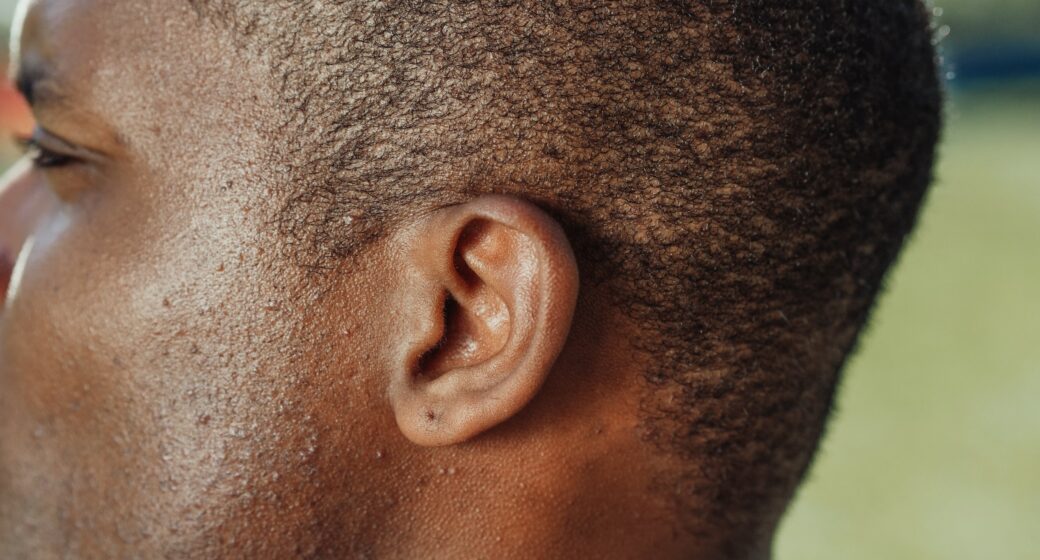Watch: A day in the life of a teenage girl with hearing loss
April 4, 2019
Showing off my Phonak Marvel hearing aids at the CES awards
April 5, 2019Sugar Ray’s Mark McGrath reveals he has hearing loss

The lead singer of band Sugar Ray, Mark McGrath, admits that he is losing his hearing and doesn’t want to wear his hearing aids.
In an exclusive interview with The Daily Mail, McGrath explains that his hearing loss was caused by years of loud performance with limited hearing protection.
Despite his hearing loss diagnosis, 50-year-old McGrath explains to The Daily Mail that he is still reluctant to wear hearing aids that will protect his ears during concerts called “in ears”.
“Fortunately for the new generation, they have in ears,” McGrath told The Daily Mail. “I’m dumb enough not to use them though. I still need the sight sounds and smells of a concert and that includes the auditory part, but unfortunately, mine’s going.”
McGrath is worried about how his loss of hearing will affect his career. “You can’t repair your hearing,” he says. “Once it goes, it goes. You can hope to stop the damage. It’s absolutely a worry of mine.”
“Once it goes, it goes. You can hope to stop the damage. It’s absolutely a worry of mine.”
He also shared that seeing other older musicians lose their hearing and have to stop touring, such as Huey Lewis and the News has frightened him about how his career may change.
Read more: Huey Lewis cancels 2018 tour due to hearing loss
Joining a long list of musicians recently diagnosed with hearing loss
In the past few years, many musicians have admitted that their careers have led them to lose their hearing. Eric Clapton, Roger Daltrey, Brian Johnson, and Peter Silberman are among the musicians who have shared they are dealing with hearing loss.
The trend in musicians announcing their hearing loss is an important reminder to other musicians and fans to protect their hearing at concerts and loud environments. Even if you already have hearing loss, it is still important to protect your ears.
Read more: Ask Anna: Can noise damage my hearing even though I have hearing loss?
Although you may not see the effects of loud noise right away, the effects are clear later in life as it is for many famous musicians.
Do you remember to protect your hearing in loud environments?



